Search
Search Results
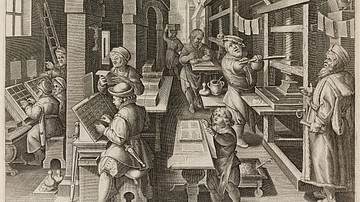
Article
The Printing Revolution in Renaissance Europe
The arrival in Europe of the printing press with moveable metal type in the 1450s CE was an event which had enormous and long-lasting consequences. The German printer Johannes Gutenberg (c. 1398-1468 CE) is widely credited with the innovation...
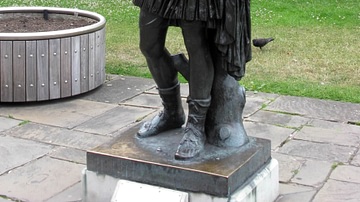
Article
Collegia, Stability and the Vox Populi
This short analysis will investigate the associations known as 'collegia' (also known as clubs, associations, companies) mentioned in the letters (10.33-34) from the Roman pro-consul Pliny to the emperor Trajan. We will determine why Trajan...
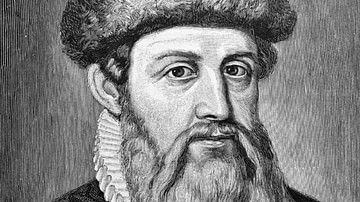
Definition
Johannes Gutenberg
Johannes Gutenberg (l. c. 1398-1468) was the inventor of the printing press (c. 1450) who seems to have developed the device from wine and oil presses of the time. Gutenberg’s printing press not only revolutionized book making but literally...
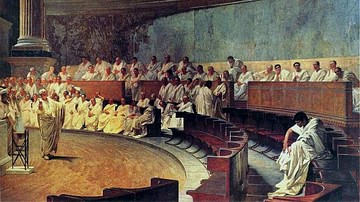
Definition
Roman Senate
The Roman Senate functioned as an advisory body to Rome's magistrates and was composed of the city's most experienced public servants and society's elite. Its decisions carried great weight, even if these were not always converted into laws...
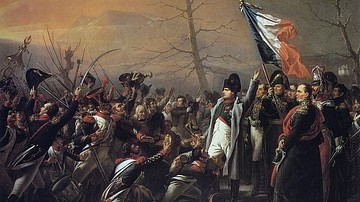
Definition
Hundred Days
The Hundred Days refers to the second reign of French Emperor Napoleon I, who unexpectedly returned from exile to reclaim the French throne. It encompasses Napoleon's triumphant return to Paris on 20 March 1815, his climactic defeat at the...
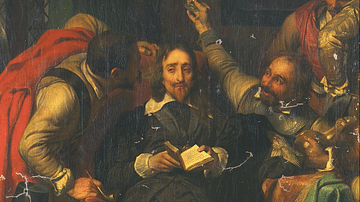
Definition
English Civil Wars
The English Civil Wars (1642-1651) witnessed a bitter conflict between Royalists ('Cavaliers') and Parliamentarians ('Roundheads'). The Royalists supported first King Charles I of England (r. 1625-1649) and then his son Charles II, while...
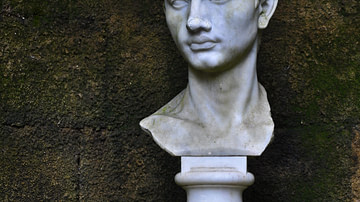
Definition
Virgil
Publius Vergilius Maro (70-19 BCE), better known to most modern readers as Virgil, was one of the greatest poets of the early Roman Empire. His best-known work, the Aeneid, told of a Trojan prince, Aeneas, who escaped the burning of Troy...
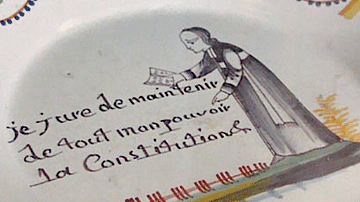
Definition
Civil Constitution of the Clergy
The Civil Constitution of the Clergy was a law passed in July 1790 during the French Revolution (1789-1799), which caused the immediate subordination of the Catholic Church in France to the French government. An attempt to modernize the Church...
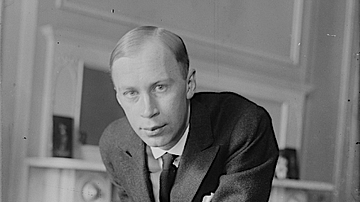
Definition
Sergei Prokofiev
Sergei Prokofiev (1891-1953) was a Russian composer (born in Ukraine) who was at the forefront of the Modernist music movement. His symphonies, orchestral suites, and ballets display endless variety and complexity. His most famous works today...
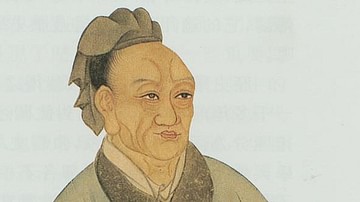
Definition
Sima Qian
Sima Qian (l. 145/135-86 BCE) was a court scribe, astrologer, and historian of the Han Dynasty (202 BCE - 220 CE) of ancient China, famous for his historical work Records of the Grand Historian for which he is remembered as the Father of...